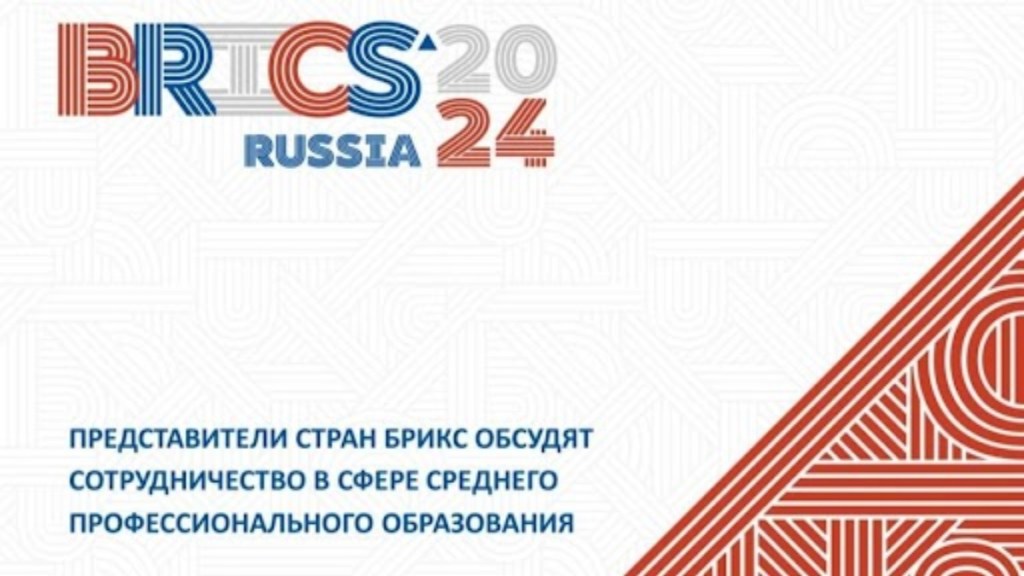The upcoming BRICS Summit in Kazan, scheduled for October 22-24, 2024, is set to draw representatives from nearly 33 countries, highlighting the grouping’s growing global influence. With new members recently added and several others expressing interest, BRICS is positioning itself as a pivotal force in global geopolitics, particularly in countering Western influence. Russia, holding the BRICS chair for 2024, has placed expansion and institutional development as key priorities for this summit.
Expanding Influence: BRICS Partner Countries Model
One of the major highlights of the summit will be the introduction of the “Partner Countries” model, an initiative that seeks to include more nations in BRICS activities without granting full membership or voting rights. This concept, developed over the past year, allows countries to participate in select BRICS initiatives based on their interests, reflecting BRICS’ evolving structure.
Russia’s proposed selection process for Partner Countries is based on the preferences of the core members—Brazil, Russia, India, China, and South Africa. The 10 countries receiving the most support from the five current BRICS nations will be designated as partners, further deepening their ties with the group.
Interest in BRICS Grows: 33 Applicants for Membership
With growing dissatisfaction toward Western-led global institutions like the IMF, BRICS has attracted considerable interest from emerging economies. To date, 33 countries have formally applied for membership, including Algeria, Malaysia, Pakistan, Turkey, and Venezuela.
Notably, five countries—Egypt, Ethiopia, Iran, Saudi Arabia, and the United Arab Emirates—were officially admitted in early 2024. However, Argentina, which had also been approved, withdrew due to a change in government policy.
Among the applicants, Cuba, Kenya, Malaysia, and Venezuela are considered strong contenders for future membership. However, India’s concerns over Pakistan’s participation have added a layer of complexity, with fears that bilateral disputes may disrupt the multilateral nature of BRICS.
BRICS Foreign Ministers’ Push for Expansion
The groundwork for BRICS’ expansion was laid during the BRICS Foreign Ministers’ meeting in Nizhny Novgorod in June 2024. At this meeting, it was reported that many emerging markets and developing countries had expressed significant interest in joining BRICS, underscoring the group’s growing appeal as an alternative to Western-led forums.
During the Kazan summit, the development of the BRICS Partner Countries model will take center stage. Russia, as the chair, is keen to formalize the selection process and lay the groundwork for future partnerships. This move reflects Russia’s broader strategy to rally support from the Global South, counteracting Western efforts to isolate Moscow in the wake of the Ukraine conflict.
Saudi Arabia’s Role in BRICS
One of the key players to watch at the Kazan summit will be Saudi Arabia. Though invited to join BRICS in January 2024, Riyadh has yet to formalize its membership. However, Kremlin officials have hinted that high-level Saudi representation will attend the summit, a significant boost for Russia.
Saudi Arabia has become a crucial partner for Moscow, particularly within the OPEC+ group of oil-producing nations. The personal relationship between President Vladimir Putin and Saudi Crown Prince Mohammed bin Salman has further solidified their cooperation. In fact, Putin’s visit to Riyadh last December underscored the unprecedented level of ties between the two nations.
Saudi involvement in BRICS is seen as a strategic win for Russia, as the group seeks to develop alternative global financial institutions. Last week, Russia called on its BRICS partners to collaborate in creating these alternatives, directly challenging the dominance of institutions like the IMF.
Russia’s BRICS Chairship: Key Focus Areas
Since assuming the BRICS chair in January 2024, Russia has emphasized the need for a stronger, more unified BRICS that can address global economic and security challenges. The official theme of Russia’s chairship is “Strengthening of multilateralism for the purposes of just global development and security.”
As part of its leadership, Russia has proposed over 250 BRICS meetings and events throughout the year, with two major activities set to dominate discussions: the integration of new members and the development of the BRICS Partner Countries model. These discussions are expected to play a crucial role in shaping the future direction of the group.

